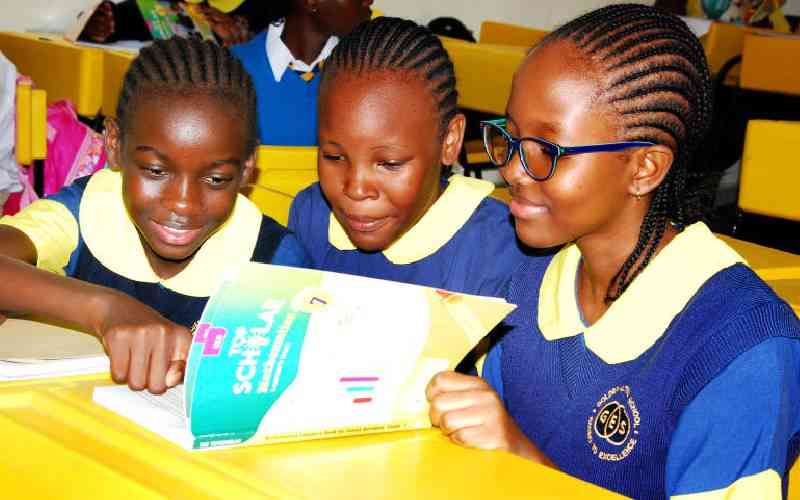×
The Standard e-Paper
Stay Informed, Even Offline

Learning in public junior secondary schools (JSS) started at a slow pace as teachers and parents encountered challenges that are threatening the smooth implementation of the Competence Based Curriculum.
Some of the teachers interviewed complained they did not have enough desks, and laboratories while decrying delayed release of capitation.